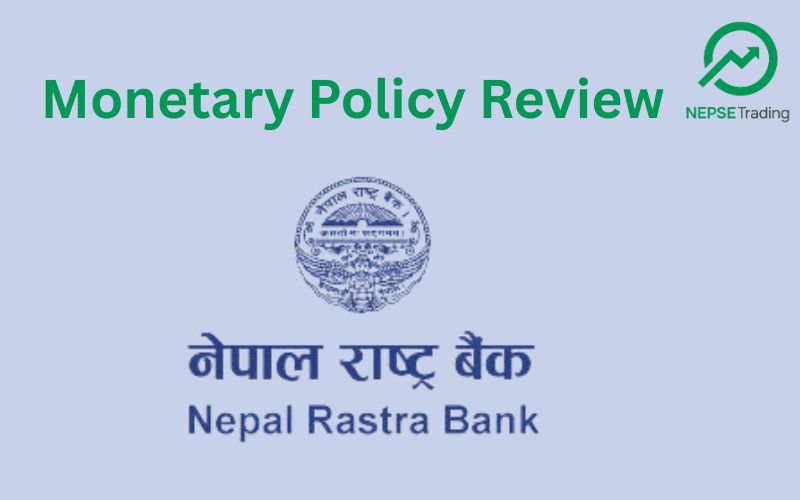By Dipesh Ghimire
What Should Be the Role of the Bankers' Association?

Kathmandu, Nepal — The Nepal Bankers' Association, an umbrella organization of the country’s 20 commercial banks, has elected Santosh Koirala, the CEO of Machhapuchchhre Bank, as its new president. The election has set the stage for a fresh chapter in the financial sector, with hopes pinned on the leadership's ability to navigate pressing challenges and unlock new opportunities for economic growth.
Though the Nepal Bankers' Association (NBA) is not a regulatory body, its influence is undeniable. It acts as a bridge between banks, regulators like Nepal Rastra Bank (NRB), and other stakeholders. The association's role in addressing issues such as investment direction, reducing unhealthy competition, and fostering dialogue with NRB is vital. Under Koirala’s leadership, the NBA is expected to expand its influence by advocating for progressive policies that align with national economic goals.
Nepal’s economy, burdened by low industrial contribution and heavy reliance on remittances, demands an urgent shift towards sustainable growth. The commercial banks, managing the country’s core capital, must prioritize investments in sectors like agriculture, manufacturing, tourism, and hydropower. This shift can stimulate job creation, boost production, and enhance economic resilience.
However, a lack of trust in industrial investments remains a hurdle. Entrepreneurs, critical for economic dynamism, often face challenges in securing financial backing. The NBA’s new leadership must address these gaps by fostering robust relationships between banks and businesses.
One of the significant criticisms of Nepal’s banking sector has been its focus on short-term profits rather than long-term economic development. Despite having surplus liquidity—over NPR 600 billion—banks remain hesitant to provide concessional loans to productive industries. This has led to stagnation in entrepreneurial growth, exacerbating issues such as unemployment and underutilized resources.
Koirala’s leadership team must adopt a broader perspective to drive impactful changes. By working closely with NRB, the NBA can influence the creation of policies that encourage banks to take calculated risks in productive sectors, ensuring a balance between profitability and national economic priorities.
The government’s initiatives, such as loans against educational certificates for entrepreneurship, have often failed due to banks' conservative approach and limited facilitation by NRB. Implementing such progressive schemes effectively can create employment and uplift small and medium enterprises, contributing significantly to the economy. The NBA’s role in bridging this gap could redefine its impact on national development.
The relationship between banks and businesses has been strained in recent years due to high interest rates and stringent loan recovery practices. However, recent reductions in interest rates have sparked hope for improved collaboration. Building on this momentum, the NBA must actively work to restore trust and create a conducive environment for business growth, which will ultimately benefit the banking sector itself.
Under Koirala’s leadership, the NBA has an opportunity to redefine its role beyond being a voice for banks to becoming a catalyst for economic transformation. By addressing key challenges with innovative solutions and fostering partnerships with stakeholders, the association can contribute to a robust and resilient economy.
As the new executive committee takes charge, including leaders from major banks such as Global IME, Prabhu Bank, and Sanima Bank, the focus must be on creating a harmonious and progressive banking ecosystem. With proper execution, this leadership could pave the way for sustainable economic growth and a stronger financial sector.
The election of Santosh Koirala signals not just a leadership change but also a potential shift in the Nepal Bankers' Association's priorities. This development reflects the growing recognition of the need for banks to play a proactive role in economic development, particularly in a country grappling with structural economic challenges. If the new leadership succeeds in aligning banking practices with national goals, it could mark a turning point in Nepal’s journey towards prosperity.









